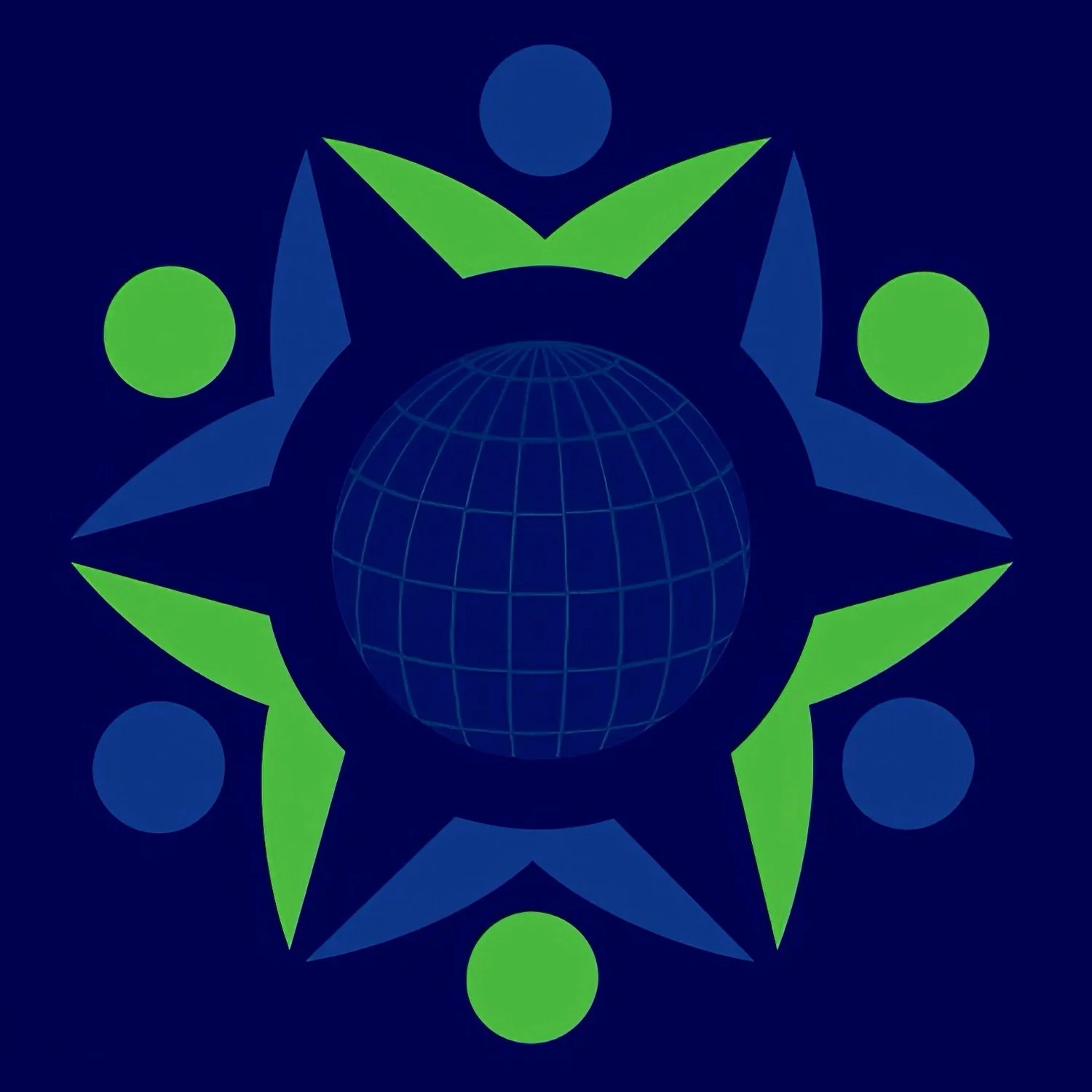
What is the Finding Solid Ground program, and how is it unique?
Finding Solid Ground is a program co-developed by Bethany Brand, Ruth Lanius, and Hygge Schielke, who also co-authored the book for clinicians and workbook for clients on this innovative approach for helping people with dissociative disorders. Finding Solid Ground is the first research-backed program for trauma-related dissociative disorders.
Unlike trauma treatments that focus solely on narrative or exposure-based work, Finding Solid Ground begins by helping clients build the foundational skills needed for emotional and relational safety.
The book and workbook guide therapists and clients through the program, which provides an evidence-informed, practical, and accessible approach for the stabilization and treatment of patients with complex trauma and dissociation. You can learn more about the book and workbook on our Books page.
The Finding Solid Ground program teaches 4 crucial skills:
Grounding
Separating past from present
Healthy ways of regulating emotions
Getting healthy needs met safely
Critically, we learned from the patients in the randomized controlled trial that we conducted (which you can read about below) that you need to help people feel grounded first before they can successfully continue with the rest of the Finding Solid Ground program.
Who is the program designed to help?
Finding Solid Ground is a program for people experiencing complex trauma symptoms and dissociative disorders.
Complex trauma refers to repeated and prolonged exposure to traumatic events, often during childhood, and at the hands of parents and/or other early attachment figures.
Dissociative disorders, including the dissociative subtype of PTSD, involve feelings of significant disconnection, including disconnection from one’s body, emotions, memories, surroundings, and/or personal identity. Typically, this type of disconnection begins as a way to endure terrifying events when physical escape is not possible, for example during physical abuse, military combat, or a horrific car accident.
At its core, dissociation is a survival response, and one that can become automatic whenever a threat, or perceived threat, is present or approaching. While this response can help someone get through horrible experiences, it is difficult to “turn off”, even after the person is safe and the threat is long gone.
Dissociation can really disrupt people’s lives by interfering with their ability to emotionally connect with family and friends, to notice sensations in their own body (hunger, pain, etc.), to know who they are/what they want, and to navigate their environment, to name just a few examples. For this reason, it is important for us to find an effective treatment for dissociative disorders.
How and why was the program developed?
The question is, how can complex trauma and dissociation be treated most effectively? There are some good approaches out there, but the order and pacing of these approaches are very important.
Better guidance is desperately needed. In response to this need, a team of trauma and dissociation experts created a web-based program providing education about trauma and dissociation, and skill-building instruction to help dissociative patients and their therapists move toward recovery.
This was originally called Treatment of Patients with Dissociative Disorders (TOP DD), but after some input from early participants this program developed into the Finding Solid Ground (FSG) program. FSG is intended to be used in addition to trauma-informed psychotherapy with a person’s own therapist.
How can I support your work?
We very much appreciate your interest in supporting our work. DDs are associated with significant suffering and there is great need for evidence-supported effective treatments for this population. If you would like to donate to the work we do, we would greatly appreciate your support.
Donations will be directed towards the operational costs of the Treatment of Patients with Dissociative Disorders (TOP DD) studies, including technology costs, materials, and research assistant funding. We greatly appreciate gifts of all sizes. All funds donated go directly to benefit the TOP DD Studies.
You can make a donation to our work through Towson University’s giving website, which accepts contributions to offset expenses related to conducting the TOP DD Studies through the Towson University Foundation, Inc. Gifts to the Foundation qualify as charitable contributions to an IRC Section 501(c) (3) public charity for federal income, estate and gift tax purposes, and the Foundation does not retain fees for administrative costs. To make a gift using your MasterCard, VISA or Discover card that will go toward the TOP DD Study, visit TU’s giving website for the study.
Thank you for supporting the TOP DD studies and Finding Solid Ground!
